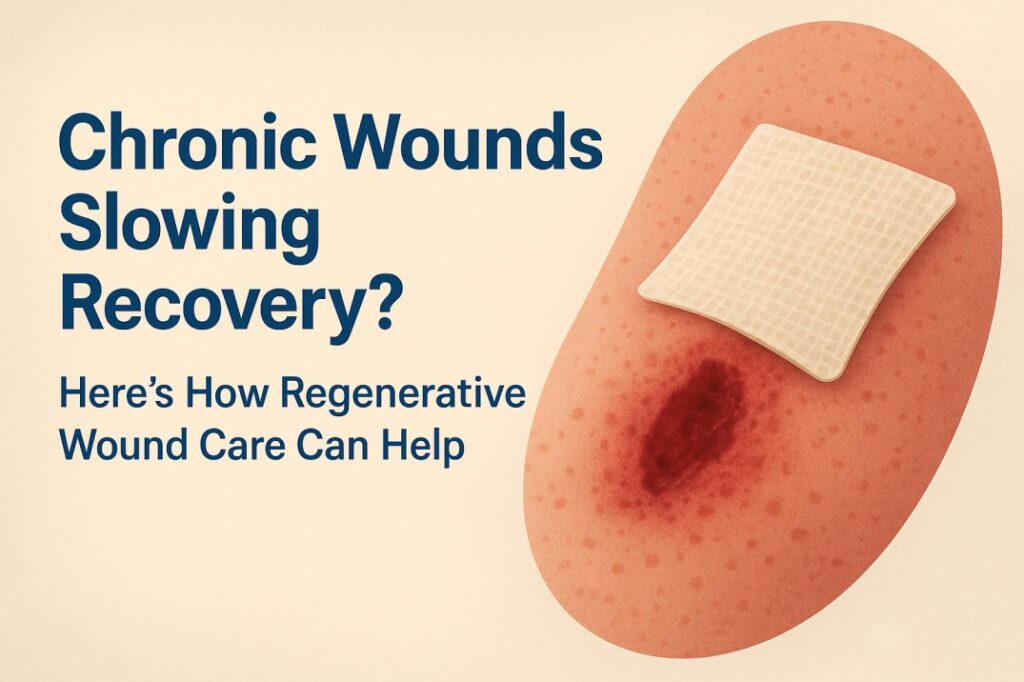Most people have accidentally bitten the inside of their cheek while chewing — it’s unpleasant, but usually harmless. However, for some, cheek biting becomes a chronic issue, either as a nervous habit or due to dental or jaw misalignments. Over time, it can lead to persistent discomfort, sores, or even infection.
If you’re constantly dealing with soreness on the inside of your mouth, your dentist Mooresville NC may be the first person to identify the cause and guide you toward lasting relief. In this article, we’ll explore how dentists diagnose and treat chronic cheek biting, including both physical and psychological components of the condition.
Table of Contents
ToggleWhat Is Chronic Cheek Biting?
Chronic cheek biting, also known as morsicatio buccarum, is a repetitive behavior where a person bites or chews the inside of their cheek regularly. Unlike occasional accidental biting, this is a frequent and often unconscious habit that may stem from stress, misaligned teeth, or other oral health conditions.
Common Symptoms of Chronic Cheek Biting
-
Thickened, white, or shredded tissue on the inner cheeks
-
Painful sores or ulcers
-
Redness, swelling, or irritation
-
Scar tissue buildup over time
-
Frequent bleeding or raw spots
-
Jaw discomfort or fatigue
Many patients are unaware that they’re even biting their cheeks — it becomes a reflexive action, especially during times of concentration, anxiety, or boredom.
Why Does Cheek Biting Happen?
Dentists evaluate several causes of habitual cheek biting:
1. Malocclusion (Misaligned Bite)
An irregular bite can cause certain teeth to press against the cheek, increasing the chance of accidental or chronic biting, especially during chewing or speaking.
2. Braces or Dental Appliances
Orthodontic treatments like braces or aligners may temporarily irritate or shift cheek position, making it easier to bite the soft tissues.
3. Stress or Anxiety
Some individuals develop cheek biting as a nervous habit, similar to nail biting or teeth grinding (bruxism). This falls under the category of body-focused repetitive behavior (BFRB).
4. Psychological or Neurological Disorders
In some cases, compulsive cheek biting may be a symptom of OCD, anxiety disorders, or certain neurodevelopmental conditions.
How Dentists Diagnose Chronic Cheek Biting
Dentists use a combination of visual inspection, patient history, and bite analysis to diagnose the issue.
Key Steps in Diagnosis:
-
Oral examination to assess signs of trauma, callused tissue, or ulcers.
-
Bite evaluation (occlusal analysis) to check for irregular tooth contact.
-
Patient interview to understand habits, stress levels, and awareness of behavior.
-
Check for signs of parafunctional habits like clenching or grinding.
Sometimes, your dentist may refer you to a specialist (like a psychologist or orthodontist) if the issue involves mental health or structural alignment beyond routine care.
Treatment Options for Chronic Cheek Biting
The treatment depends on whether the biting is caused by physical misalignment, psychological habits, or both.
🦷 1. Correcting the Bite (Malocclusion)
If your dentist finds that your bite is off, they may recommend:
-
Orthodontic treatment (braces, aligners) to realign the teeth
-
Occlusal adjustment: reshaping the biting surfaces of teeth
-
Restorative procedures to repair broken or misshapen teeth causing trauma
Realigning your bite can significantly reduce the tendency to bite the inner cheeks during normal activity.
😬 2. Habit Awareness and Behavioral Therapy
For patients whose cheek biting is stress-related, treatment may include:
-
Behavioral therapy (CBT): Helps patients become aware of and stop unconscious habits
-
Mindfulness techniques to reduce anxiety triggers
-
Habit-reversal training, which replaces biting with another, harmless behavior
In some cases, dentists may work closely with mental health professionals to address the underlying psychological causes.
😷 3. Mouthguards and Oral Appliances
Custom-made soft mouthguards can serve as a protective barrier between the teeth and cheeks. They’re especially useful:
-
At night, for patients who bite unconsciously during sleep
-
During high-stress periods, when the habit may intensify
-
For short-term relief while other therapies are ongoing
💊 4. Managing Inflammation and Pain
To soothe damaged tissue and prevent infection, dentists may prescribe:
-
Topical gels or ointments (like benzocaine or corticosteroids)
-
Antiseptic mouth rinses to promote healing
-
Pain relief medications (NSAIDs) for severe discomfort
It’s important to avoid over-the-counter numbing agents for extended periods without dentist approval, as they can sometimes delay healing.
What Happens If Chronic Cheek Biting Is Left Untreated?
Long-term cheek biting isn’t just uncomfortable — it can lead to more serious oral health problems, such as:
-
Permanent tissue damage or scarring
-
Increased risk of oral infections
-
Difficulty chewing or speaking
-
Psychological distress and embarrassment
-
In rare cases, pre-cancerous tissue changes due to constant trauma
Tips for Preventing Cheek Biting
Whether you’re recovering or trying to avoid the problem entirely, here are practical prevention strategies:
-
Chew slowly and mindfully, especially when eating hard or chewy foods.
-
Address stress through exercise, meditation, or therapy.
-
Use sugar-free gum or chewy aids to redirect oral fixation habits.
-
Wear a mouthguard if recommended by your dentist.
-
Stay hydrated to keep cheek tissues healthy and less prone to injury.
When to See a Dentist
If you experience frequent cheek injuries, unexplained soreness, or white or red patches that don’t heal within 2 weeks, make an appointment with your dentist. Early intervention prevents complications and makes treatment more effective.
Final Thoughts: Relief Is Possible
Chronic cheek biting might seem like a minor habit, but it can have major consequences for your comfort and oral health. Fortunately, with the help of a skilled dentist, the causes can be diagnosed and the right treatments applied — whether that means realigning your bite, protecting your tissues, or changing behavior.
If cheek biting is interfering with your daily life, don’t wait for it to get worse. A short visit to the dentist could set you on the path to long-term relief and a healthier mouth.









